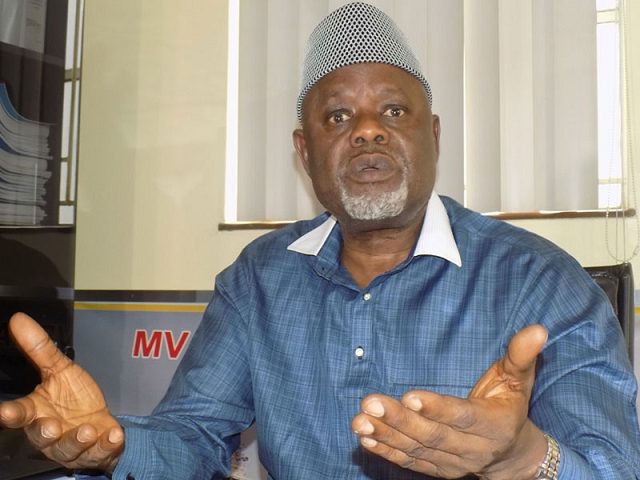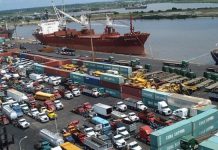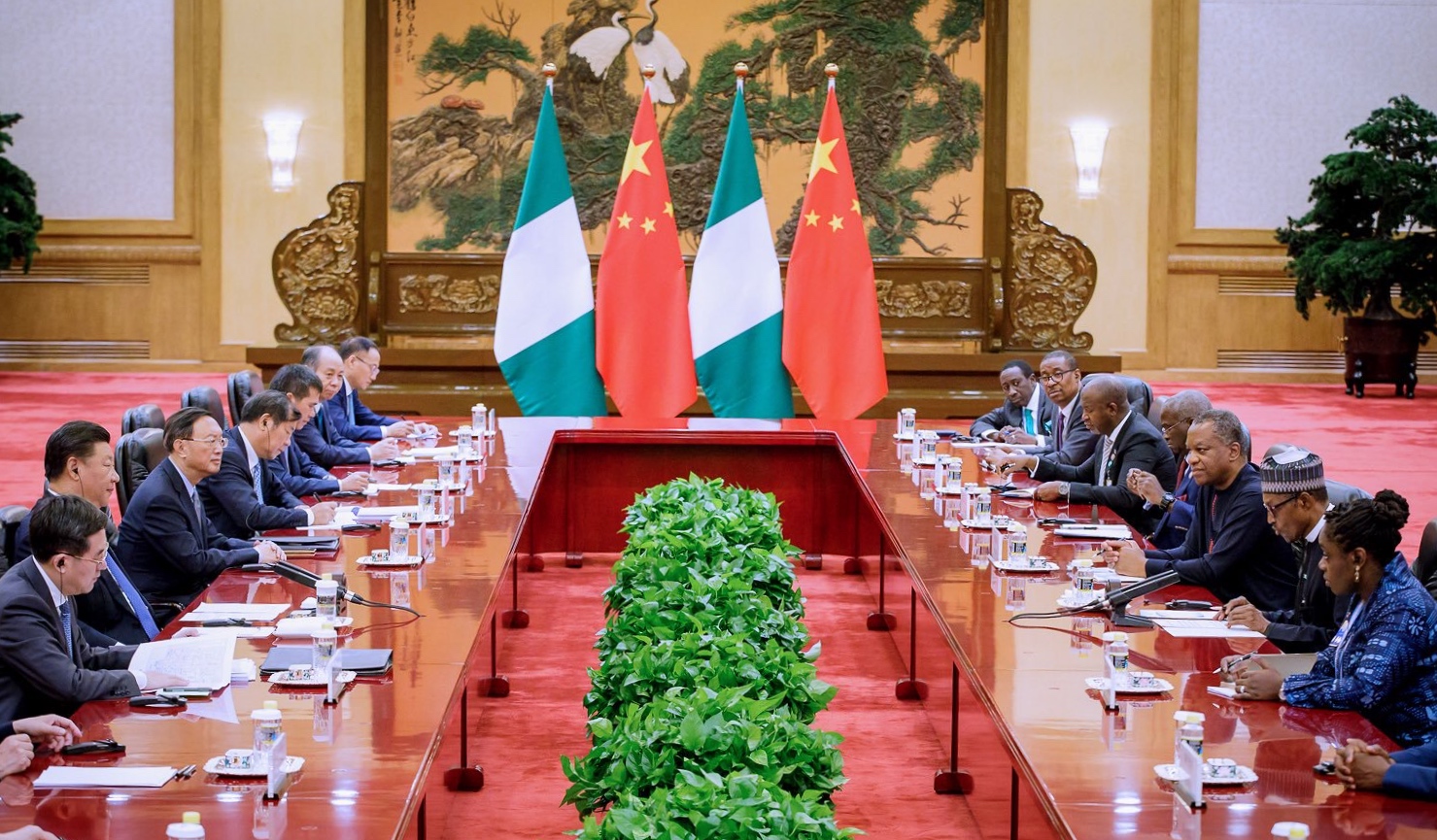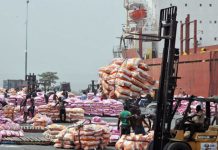It is 40 percent more expensive to build ships in Nigeria, compared to other countries, the Managing Director of Starzs Marine and Engineering Limited, Engr. Greg Ogbeifun has revealed.
This, according to Ogbeifun, is as a result of government’s unfavourable polices, which have discouraged investment in the shipbuilding industry in Nigeria.
Speaking at a Maritime Business Roundtable Breakfast Webinar meeting in Lagos on Thursday, Ogbeifun identified the Federal Government’s unfavourable tax laws on ship acquisition as one of the reasons why government’s plan to establish a national fleet for Nigerian ship owners had been unsuccessful.
He said, “The government policies have not been very favourable to the maritime sector as a whole and the ship repair section of the industry is not exempt from that. Besides the fact that infrastructures has not been put in place to build ships in the country, one or two foreign companies who attempted to set up shipbuilding in Nigeria found that it is 40 per cent more expensive to build a ship in Nigeria than to build that ship outside the country. That is real statistics.
“Our unfavourable tax law is also part of the reason why the country today is finding it difficult to develop a global trading fleet whether it is privately or publicly owned or even public-private partnership.
READ ALSO: Works Earmarks N1bn As Consultancy Fees For Experts
“We have been talking about re-establishing a national fleet for almost four years with the National Fleet Implementation Committee set up but nothing has happened primarily because whilst in other countries if you are going to build or buy a ship and register that ship in your country, some of the incentives that government polices put in place such as zero import duty, tax holiday, VAT concession and all sorts of tax incentives – because it is a capital intensive business – are not in place in our country. So nobody can compete favourably if you build and register the ship in Nigeria.
“What is even more ridiculous is if you obtain a waiver under the Cabotage Act to build a ship once, you will expect that after building that ship, the issue of waiver should cease because you’ve built the ship but that is not so.
“Since we built our first ship in 2010, every year we are made to pay $1,000 waiver for building the same ship. Every ship owner is going through that in the country so the focus of developing a ship building capability has been pushed to the back and that is why we are where we are today. We have over 800 to 900 vessels operating in our waters but not one was built in this country.”
Ogbeifun, whose company operates a ship repair yard in Onne, Rivers State, said tax policy is also affecting the ship repair yard sector with prohibitive Customs duty on equipment imported and other charges by the Nigerian Ports Authority (NPA), a development which he said had made competition difficult with other neighbouring countries where incentives are given.
According to him, NPA charges $12,000 per vessel that visits Onne Port, whether for repairs or commercial purpose, thereby discouraging vessel owners from patronising the ship repair yards in the area.
“Similarly, it is affecting the shipyards. Everything you bring into your shipyard as equipment, you are meant to pay duty on it. So again, you are not as competitive as your neighbouring countries’ shipyards where incentives are given,” he further said.













